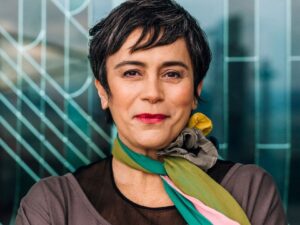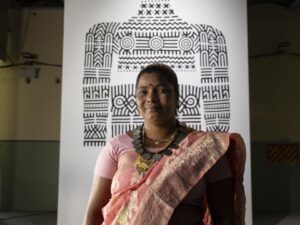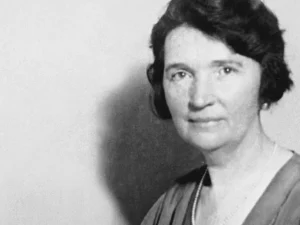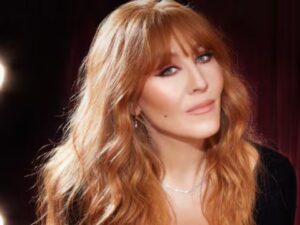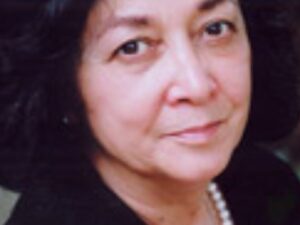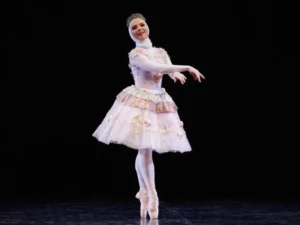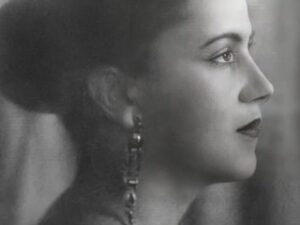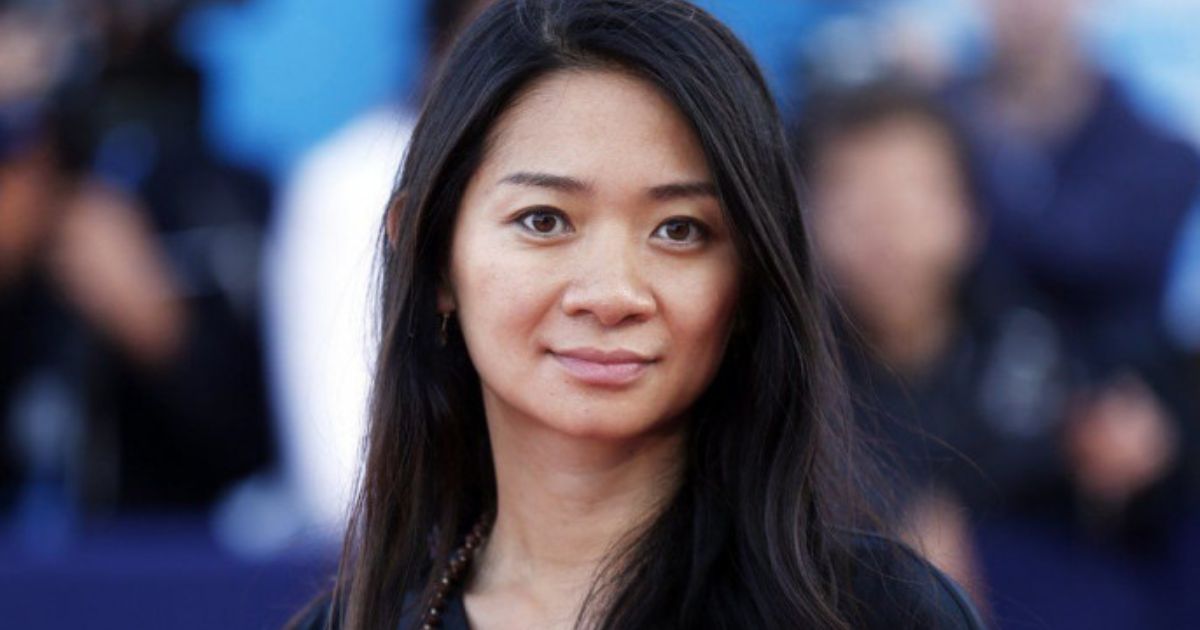Imagine a young girl in a small South African town, surrounded by dusty fields and the weight of a troubled home, dreaming of a life beyond her struggles. That girl was Charlize Theron, now a global icon, Oscar-winning actress, and beacon of women empowerment. Her journey from a challenging childhood in Benoni, South Africa, to the dazzling heights of Hollywood is a testament to resilience, talent, and unyielding determination. This is the story of how Theron transformed pain into power, becoming one of the most inspiring trailblazing women in entertainment.
In this article, we’ll weave through Charlize Theron’s early life, her battles with adversity, and her triumphant career, all while spotlighting her advocacy for women in film and social justice.
A Childhood Marked by Struggle
Charlize Theron entered the world on August 7, 1975, in Benoni, a working-class town east of Johannesburg. Her early years unfolded against the backdrop of apartheid, South Africa’s brutal system of racial segregation. While Theron’s family was Afrikaner and thus part of the privileged white minority, her home life was far from idyllic. Her father, Charles, struggled with alcoholism, casting a shadow over their household. “It was a volatile environment,” Theron later shared in interviews, hinting at the tension that defined her youth.
Growing up on a farm, Theron found solace in nature and dance. At four, she began ballet, pouring her energy into movement as an escape. Yet, tragedy struck at 15. In 1991, her father’s drinking led to a violent confrontation. Theron’s mother, Gerda, shot and killed him in self-defense, protecting herself and her daughter. The incident, ruled as self-defense by authorities, left deep emotional scars. “It’s not something you ever get over,” Theron admitted years later. This moment became a turning point, pushing her to seek a path beyond Benoni’s pain.
Transitioning from this trauma, Theron leaned into her passion for dance. She won a modeling contest at 16, which opened doors to Europe. But her dreams of becoming a ballerina crumbled when a knee injury ended her dance career at 19. Alone in a Milan hotel room, she faced a crossroads. Instead of giving up, she bought a one-way ticket to Los Angeles, determined to chase a new dream—acting.
Charlize Theron Breaking into Hollywood’s Tough Terrain

Landing in Hollywood in 1994, Theron was a 19-year-old with $400, a thick South African accent, and no connections. She lived in a cheap motel, scraping by on meager modeling gigs. One day, while arguing with a bank teller over a refused check, her fiery spirit caught the eye of talent agent John Crosby. He handed her his card, and soon, Theron was studying acting, shedding her accent, and auditioning relentlessly.
Her breakout came in 1996 with a small role in 2 Days in the Valley. Critics noticed her magnetic presence, and bigger parts followed. By 1997, she starred alongside Keanu Reeves in The Devil’s Advocate, proving she could hold her own with heavyweights. Yet, Hollywood wasn’t kind to women with ambition. “I was told I’d never make it unless I fit a certain mold,” Theron recalled. Refusing to conform, she carved her own lane, choosing roles that showcased depth over glamour.
I was told I’d never make it unless I fit a certain mold.
In 2003, Theron’s career soared with Monster. Playing serial killer Aileen Wuornos, she transformed physically and emotionally, earning an Academy Award for Best Actress. The role wasn’t just a win—it was a statement. Theron, a former model often typecast as “beautiful,” proved women in film could redefine expectations. Her Oscar speech honored South Africa, a nod to the roots that shaped her resilience.
Charlize Theron Turning Pain into Purpose
Theron’s childhood wasn’t just a backdrop; it fueled her mission. In 2007, she founded the Charlize Theron Africa Outreach Project (CTAOP), a nonprofit focused on HIV/AIDS prevention and youth empowerment in South Africa. “I grew up in a country ravaged by this disease,” she said. “I couldn’t sit back and do nothing.” CTAOP has since invested millions in community programs, earning Theron global respect as a humanitarian.
Her advocacy extends to women empowerment in Hollywood. In 2017, she produced and starred in Atomic Blonde, a female-led action film that grossed $100 million worldwide. Through her production company, Denver & Delilah, Theron champions stories by and for women. “We need more women telling our own stories,” she told Variety. Her work on films like Bombshell (2019), which tackled sexual harassment, underscores her commitment to trailblazing women in film.
Theron also uses her platform to address racial injustice, shaped by her apartheid-era upbringing. In a 2020 interview, she spoke about raising her two adopted African-American daughters, emphasizing positive representation. “I want them to see themselves as powerful,” she said, reflecting her own journey from a difficult childhood to a life of impact.
Overcoming Industry Challenges
Hollywood’s glitz hides its thorns, especially for women. Theron faced typecasting, pay disparities, and skepticism about her action-hero roles. “People said women couldn’t carry action films,” she noted. Yet, Mad Max: Fury Road (2015), where she played the fierce Imperator Furiosa, silenced doubters, earning $378 million and critical acclaim. Her performance redefined action heroines, proving women in film could lead with grit.
Off-screen, Theron battled personal struggles. As a single mother to daughters Jackson and August, she juggles fame with family. “Motherhood is my hardest role,” she admitted. Her honesty about parenting, aging in Hollywood, and mental health resonates with fans, making her a relatable figure. In 2023, she launched a podcast, Charlize Theron: Unscripted, sharing stories of resilience, further cementing her as a voice for women empowerment.
A Legacy of Strength and Inspiration
Today, at 49, Charlize Theron stands as a titan. With over 50 films, an Oscar, and a Golden Globe, her career dazzles. But her true legacy lies in her impact. She’s a trailblazer who turned a difficult South African childhood into a catalyst for change. From funding HIV clinics to producing female-driven stories, Theron embodies women empowerment.
You don’t have to let your past define you.
Her story speaks to anyone facing adversity. “You don’t have to let your past define you,” she told Elle. Whether it’s a young girl in Benoni or an aspiring actress in Los Angeles, Theron’s journey shows that resilience can rewrite your narrative. She’s not just a star—she’s a symbol of what trailblazing women can achieve when they refuse to break.
As Theron prepares for her next chapter, including a rumored role in The Old Guard 2 (2025), her influence grows. She’s a reminder that women in film, and women everywhere, can turn pain into power. So, the next time you watch her light up the screen, remember the girl from Benoni who dared to dream big—and won.
Featured Image: Charlize Theron poses for the new Dior Capture campaign. Photo: Dior Beauty








